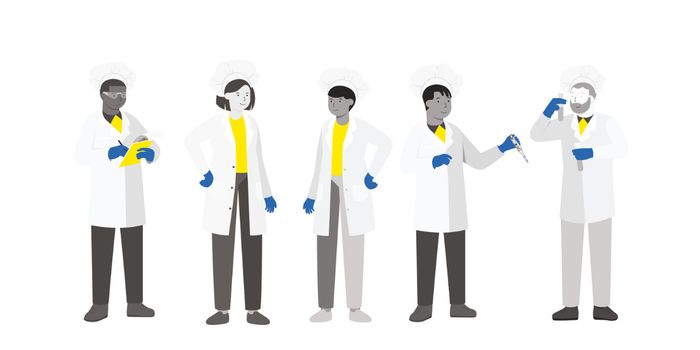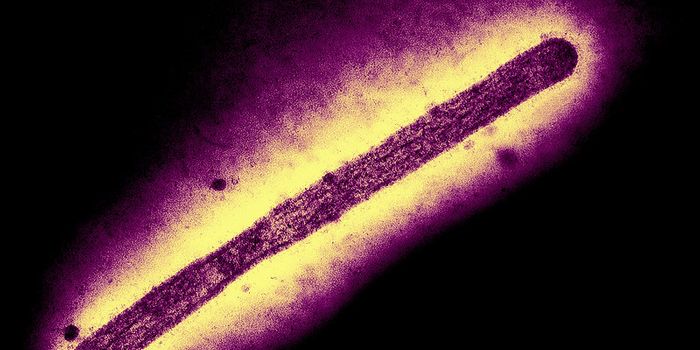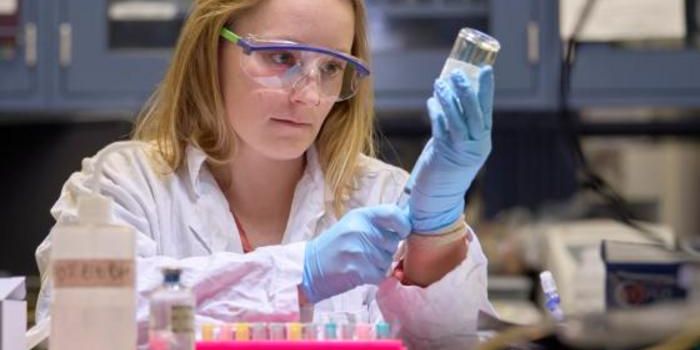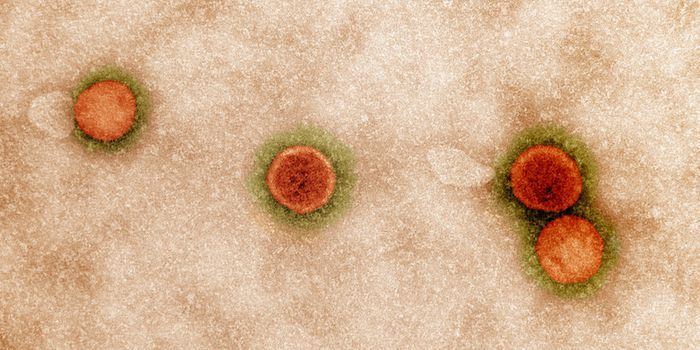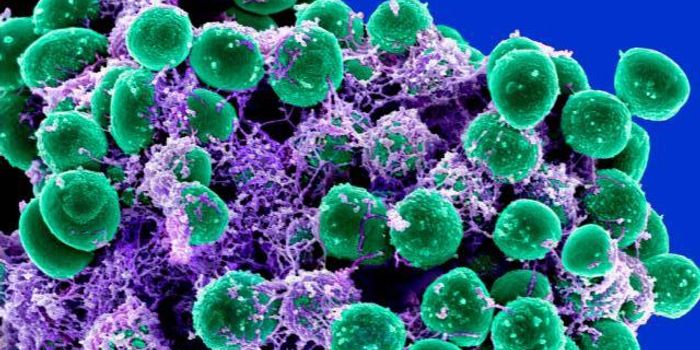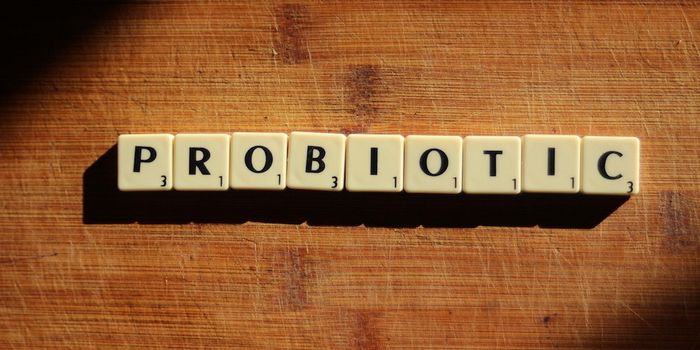New research done in mice has indicated that the stress of a mother can result in cognitive defects and anxiety in offspring, and those abnormalities can persist as the offspring grows to adulthood. It appears that these changes are linked to alterations in the microbiome. When pregnant mice were put in stressful situations, it changed the composition of the bacterial community residing in the guts, intestinal tracts and in the placenta of their female offspring, and it remained that way into adulthood.

The investigators at Ohio State University also found that compared to offspring of normal dams, offspring of stressed mothers had difficulties with tests that measure anxiety and cognition. (The scientists kept the mice in restraints for two hours a day, seven days, to cause stress). It was also found that indicators of inflammation increased in the placenta, the fetal brain, and the offspring’s brain after it grew into adulthood; a protein that acts as on neurons and is important to memory among many other things, brain-derived neurotrophic factor (BDNF), was reduced.
"More and more, doctors and researchers are understanding that naturally occurring bacteria are not just a silent presence in our body, but that they contribute to our health. These mice were more anxious, they spent more time in dark, closed spaces and they had a harder time learning cognitive tasks even though they were never stressed after birth,” said Tamar Gur, the leader of the work and an Assistant Professor of Psychiatry & Behavioral Health, Neuroscience and Obstetrics & Gynecology at Ohio State.
An association between behavioral and mental health problems in offspring and stress during pregnancy in both animals and people has been previously established. This new work may help begin to elucidate how that association is working.
"We already understand that prenatal stress can be bad for offspring, but the mystery is how," explained Gur, a psychiatrist who is also a member of the Institute for Behavioral Medicine Research at Ohio State Wexner Medical Center. She speaks briefly about her work in the following video.
Gur explained that microbes that reside in the gastrointestinal and reproductive tracts of a damn are the first to colonize a developing fetus and newborn. That could explain how stress that occurs prior to birth has an effect that lasts forever, for that individual.
This work identified significant changes to the microbial composition of the placenta in female offspring of mice subjected to stress. The alterations observed in inflammation and changes in growth factors in the placenta indicate how the microbes could influence physiology before birth.
The female offspring of stressed moms also had both an increased level of anxiety-like behavior and a decreased ability to learn compared to offspring of normal dams. Gur hinted that interesting changes were seen in male offspring as well, but the team is still working on that study. Gur also wants to investigate this idea in pregnant women and their children.
It is too soon to know, but one day, probiotics may be able to help offset the stress effect. Gur also stressed that this study isn’t a way to blame mom for the mental problems of their children. Instead, this should make mental health another important part of health checks for expectant mothers.
"As a psychiatrist who treats pregnant women, if you're stressed, anxious or depressed, I think pregnancy is a prime time for intervention. And what's good for mom is good for the baby," Gur concluded.
This work was presented on November 14 at Neuroscience 2016, this year’s annual meeting of the Society for Neuroscience. To learn more about the microbiome during pregnancy and how it influences child health, watch the following video featuring David Relman of Stanford.
Sources:
Science Daily via
Ohio State University


